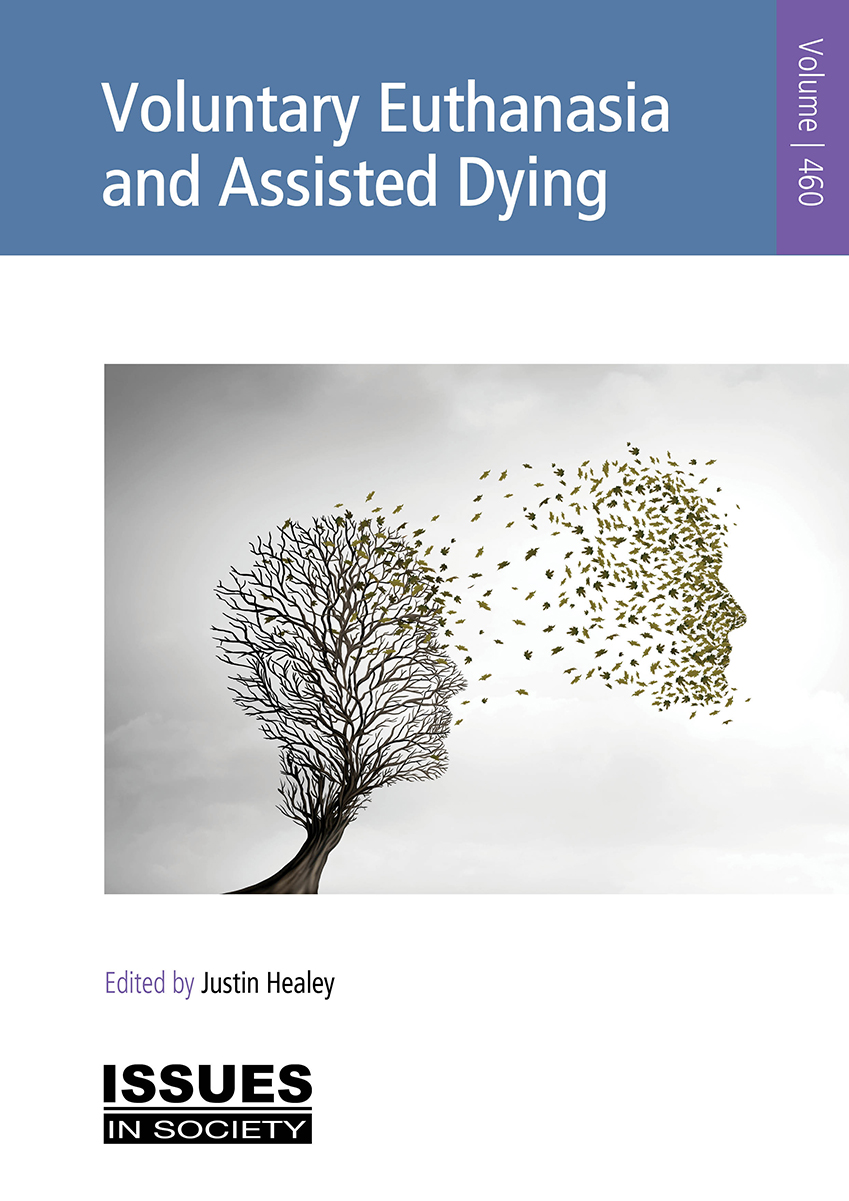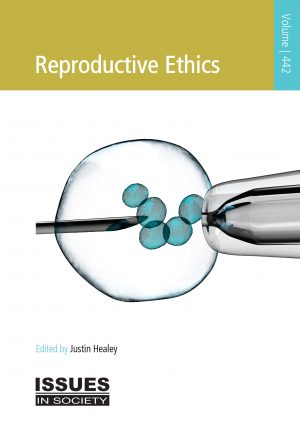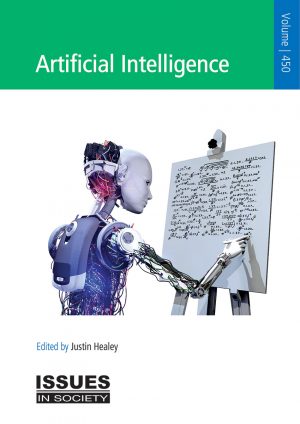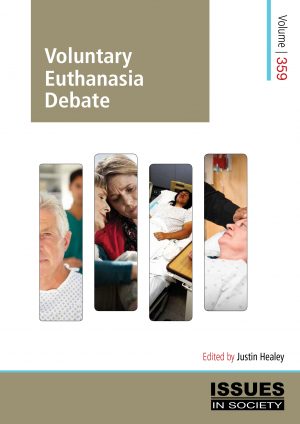Description
The topic of euthanasia has a long and controversial history of impassioned political and community debate in Australia, often appearing to raise more questions than answers. Recently, however, Victoria and Western Australia passed voluntary euthanasia legislation granting eligible people with a terminally ill condition and experiencing intolerable suffering legal access to assisted dying services. Each state has specified a wide range of safeguards for patients and health practitioners, but questions will continue to be asked about voluntary assisted dying, above and beyond people’s personal approval or opposition to it. In the meantime, other jurisdictions in Australia are also exploring the legalisation of some form of assisted death.
This title looks at this complex topic through the lens of the latest legal developments. Issues explored and debated include the role of medical practitioners, medical treatment decision-making and end of life choices, religious and ethical approaches to dying, and the value of death itself. What, in fact, is the difference between assisted dying and euthanasia? Can palliative care always provide adequate pain relief? What are the many ethical, religious, medical, legal and practical considerations? In certain circumstances, should we ever have a legal right to die?





